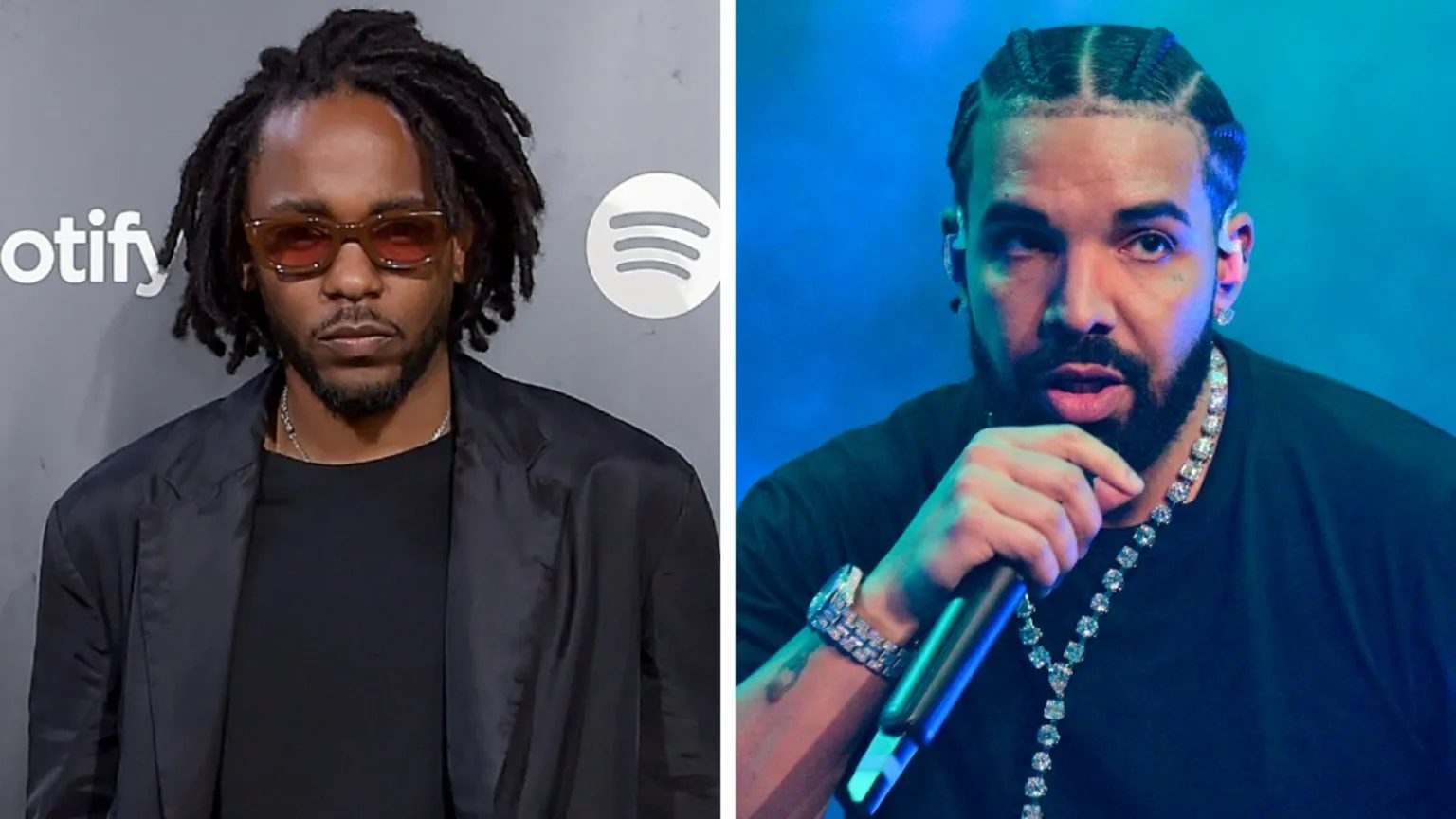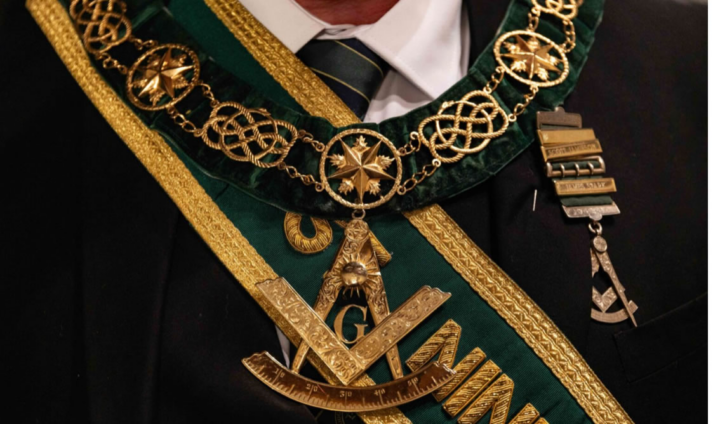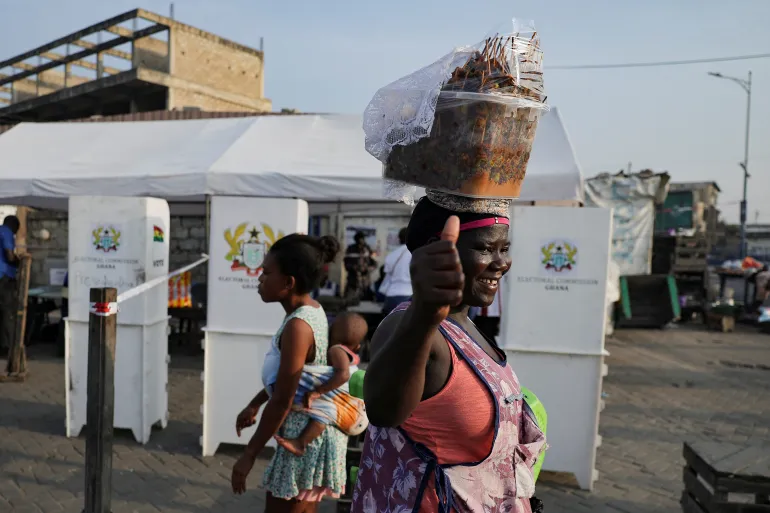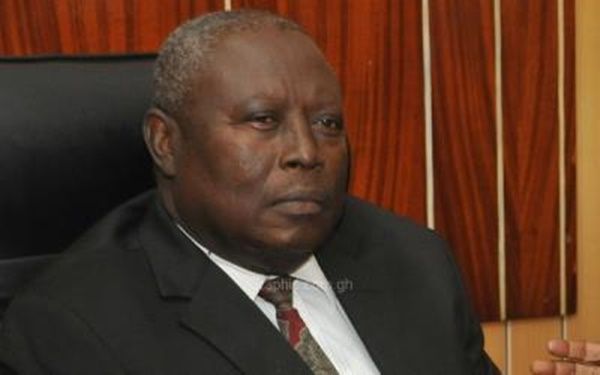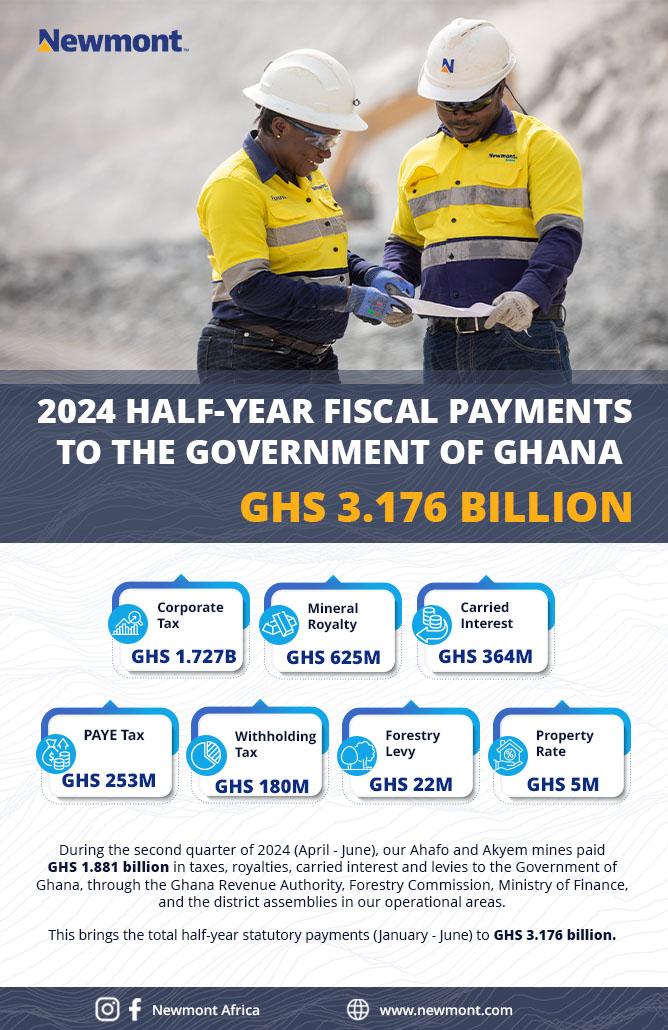How Kendrick Lamar and Drake changed rap beefs forever
They have been blasted from car stereos on the streets of New York City, played by DJs at nightclubs across the US, dubbed into Chinese on TikTok and inspired merengue songs among Spanish-speaking audiences.
A series of diss tracks from hip-hop’s two biggest stars, Drake and Kendrick Lamar, have animated the most high-profile rap beef in a generation, drawing global attention and an avalanche of online discussion and dissection.
The two men’s status in the rap world transcends that of the typical artist: Drake owns a record label and has collaborated with the Toronto Raptors and Nike, while Lamar was the first rapper to win a Pulitzer Prize for his level of artistry and produced an award-winning record for the Marvel film Black Panther.
That these two powerhouses would have such a public and angry spat has fascinated not just hip-hop fans but others around the globe – particularly as Drake and Lamar are castigating each other lyrically at such a sudden and blistering pace.
The rap rivals have released nine solo diss tracks aimed at one another in fewer than four weeks, but there are other collaborations and songs produced by other artists that stretch back to Drake and North Carolina rapper J. Cole’s collaboration on the track First Person Shooter in October 2023.
J. Cole said on First Person Shooter that he, Drake and Lamar were the “big three” of hip hop. Lamar would reject that idea by rapping that “it’s just big me” on record producer Metro Boomin and rapper Future’s collaboration on the song Like That.
How times change
In the early days of rap, you might only catch diss tracks on a copied cassette, from an in-the-know radio station, or by seeing a performance at a club. Lamar and Drake’s super-charged rap beef made it clear that this has now changed forever.
“I think when you look at this battle, it is going to surpass every other battle because of how it was able to crossover to pop culture so quickly,” said Carl Lamarre, Billboard’s deputy director of R&B and Hip-Hop.
Even in the recent past, audiences might have had to wait months to hear a feud play out. Jay-Z released the diss track, Takeover, in September 2001 to ridicule fellow New Yorker, Nas. It took his target three months to reply on Ether.
At one time, releasing a diss was an element of performative competition within the hip-hop community. It was used to claim a hip-hop throne, often by rappers who were trying to grow their platform at a local level and to hustle for another show or record contract.
Audiences, in turn, would have to put in work to follow if a rap beef progressed past a night at the club, Bill Stephney, a former executive at Def Jam Records, recalled.
When he was coming up in New York City in the 1980s, Mr Stephney said fans would capture diss tracks on tape, and those who were interested were lucky to get a version that could be listened to. They were often copied hundreds of times from one cassette to another, each iteration decreasing the sound quality until the track was hardly audible.
Read more on BBC

Disclaimer:
The Views,Comments, Opinions, Contributions and Statements expressed by Readers and Contributors on this website do not necessarily represent the views or policy of Wohonsem.com. Wohonsem.com accepts no responsibility legal or otherwise for their accuracy of content. Please report any inappropriate content to us.

